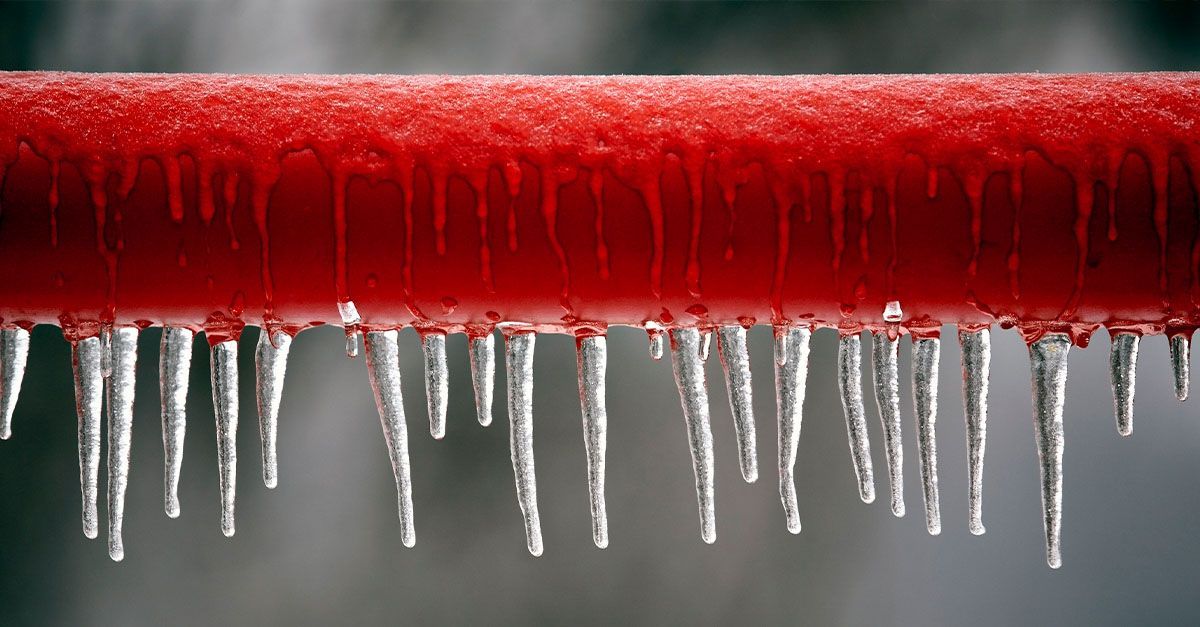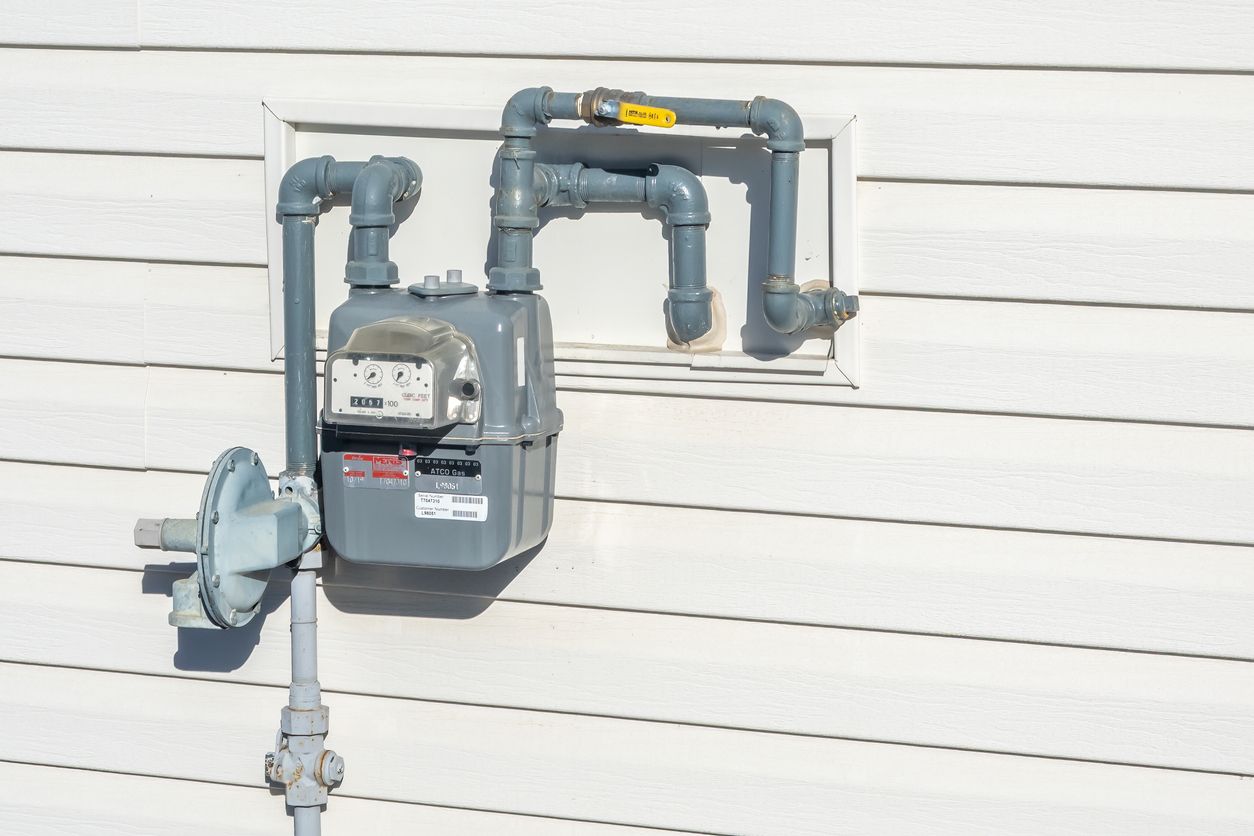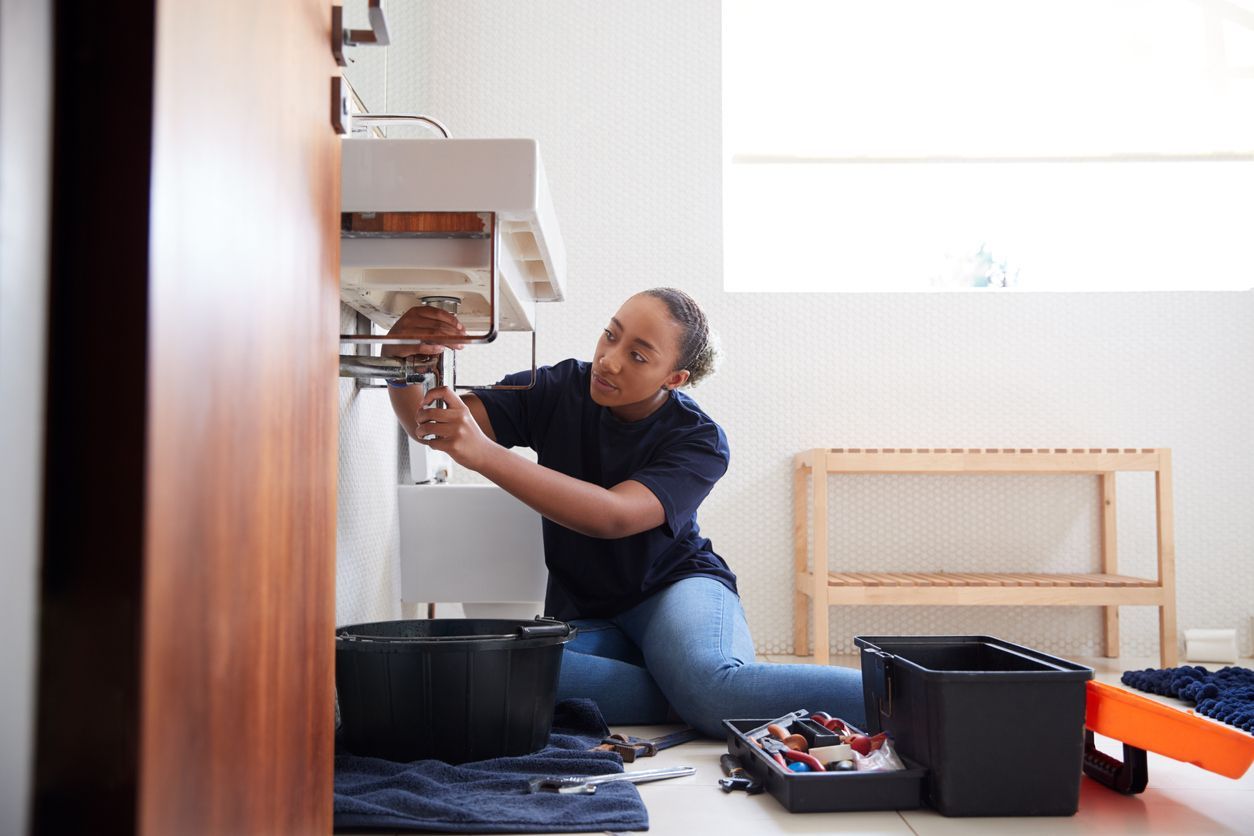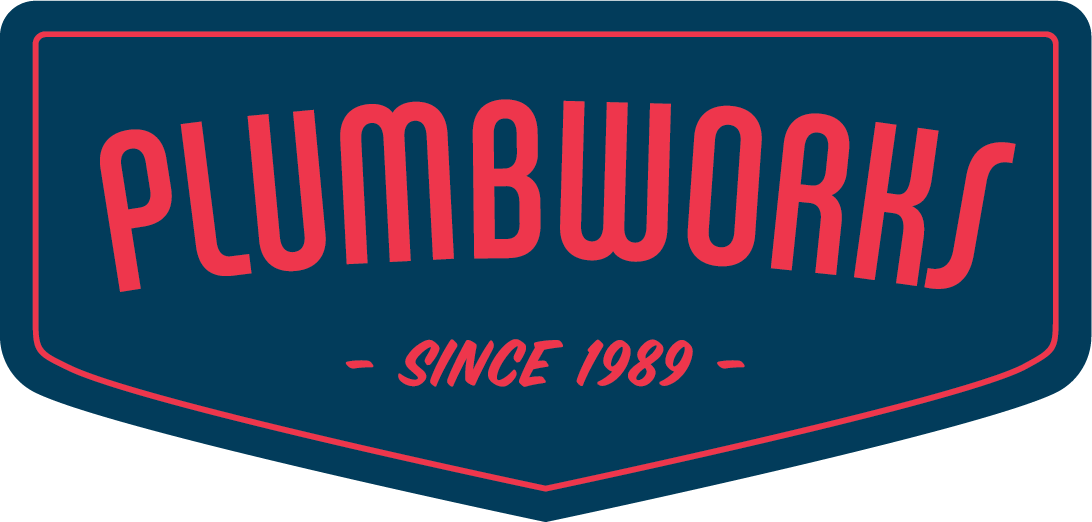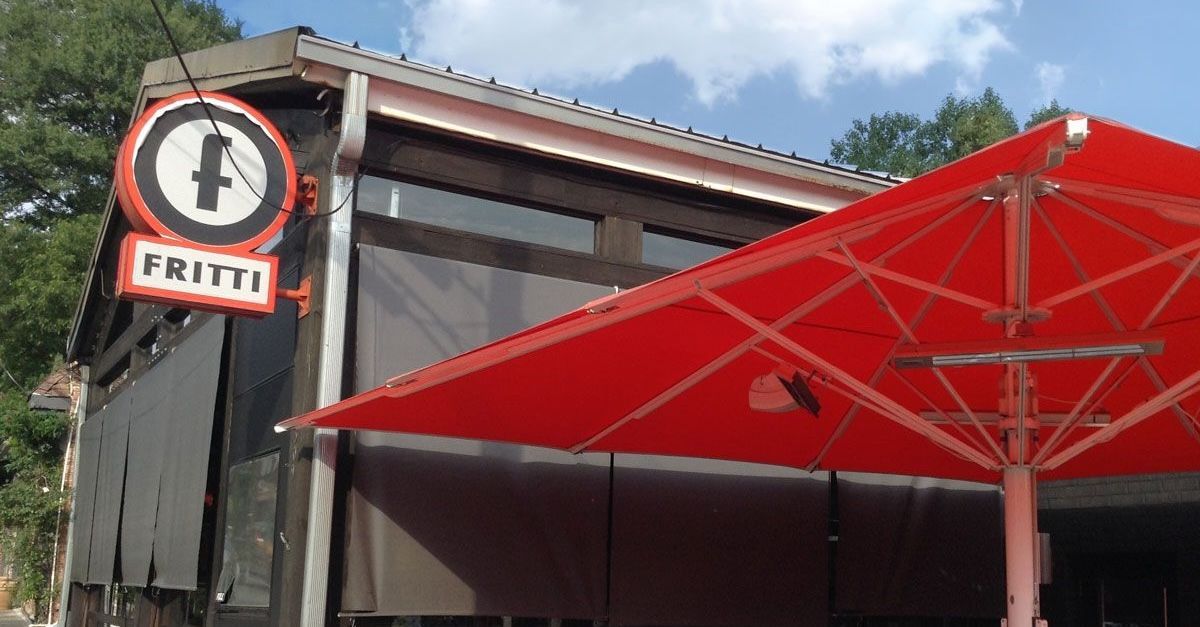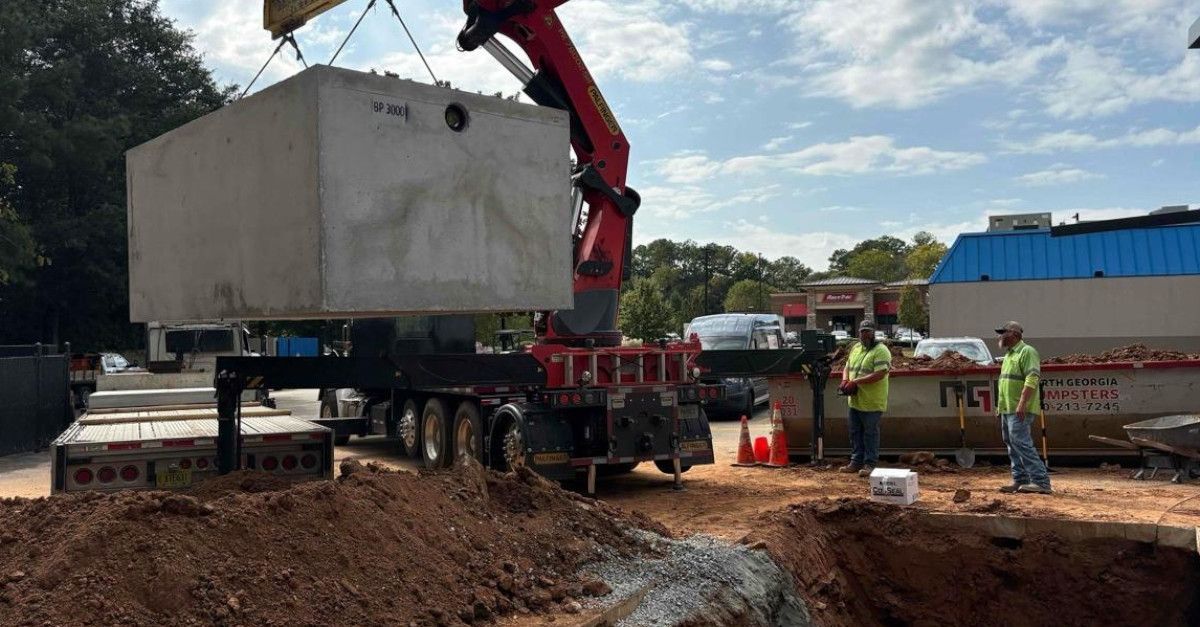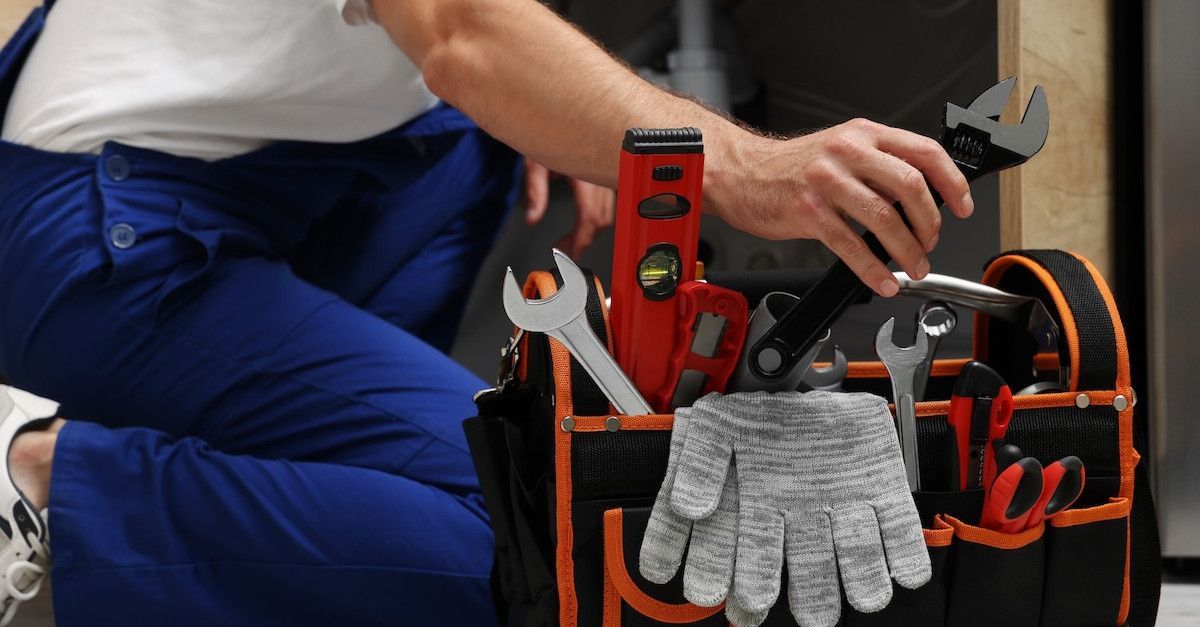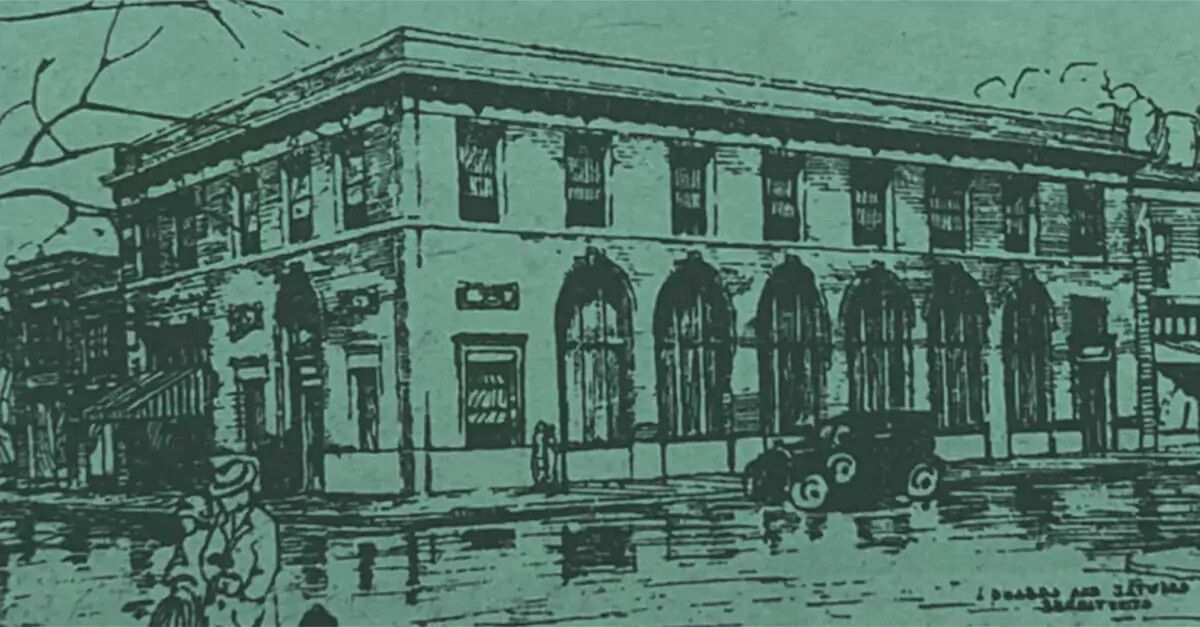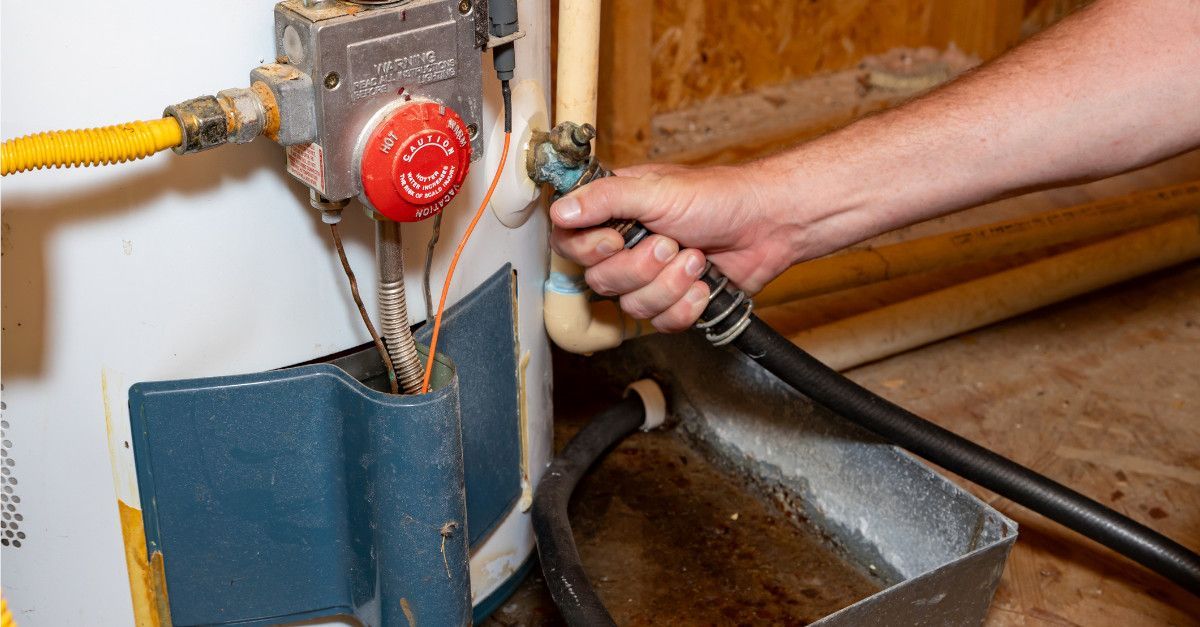The Proper Way to Dispose of Medication

Have you been sick, purchased medicine, thrown it in the medicine cabinet when you were done, and forgotten about it? Us, too. In fact, 60% of Americans have expired medications in their medicine cabinets. So, if you’re cleaning out your medicine cabinet and wondering ‘what is the proper way to dispose of medication?’ we have the answer for you.
While flushing unused medication down the toilet or pouring it down the drain seem like easy solutions, these are things you never want to do. The proper way to dispose of medication is simply taking it to a local pharmacy that does drug take-backs. These medical experts will take care of the proper disposal for you, often at no charge.
Can You Flush Medicine Down The Toilet?
The main reason you never want to flush medicine down the toilet is that it contaminates your community’s water supply and harms the environment. Most water treatment plants are not equipped to filter 100% of the medications exposed to the water. This is why it’s a good idea for homeowners to invest in whole-house water filtration services.
Another issue with flushing medicine down the toilet is that it causes serious plumbing problems. All drugs and medications are made with chemicals and certain substances can erode your pipes. Other times, pills and liquids can clog your pipes. Unlike toilet paper and human waste, water does not dissolve all medications. Unless you want a clogged toilet, broken sewer line, or a leak in your pipes, you should never flush prescription drugs, over-the-counter medicine, or any medication at all down your toilet.
Can You Pour Medicine Down The Drain?
You may think your toilet pipes are different from your sink’s pipes - and if food goes down the sink occasionally, then it’s okay for medicine to go down the sink, too. Enough hot water will dissolve the medication, and it will be okay, right? Unfortunately, your home’s plumbing system is a team - it all works together. There are many curves and loops in the pipes and if one area gets clogged or has too much pressure, this causes serious issues.
Even liquid medications can cause problems when poured down the drain. Cough syrup, dietary supplements, and even Metamucil are asking for clogged drains when sent down the sink. If you’ve already made this mistake, you can learn how to handle the negative effects of putting Metamucil down your drain quickly.
Proper Disposal of Medication - Advice From a Plumber
When it comes to your home’s plumbing and the proper disposal of medicine, you are better off taking your unneeded medicines back to the pharmacy. Flushing medicine down the sink or toilet can lead to many problems, and a serious drain clog or a backed-up sewer line may require a hydro-jetting service to fix. Considering how proper medication disposal protects your plumbing, you are saving money in the long run by discarding medication correctly.
If you are facing a clogged drain, or leaky pipe, or need another type of plumbing service in the Atlanta area, you can trust the plumbers at Plumb Works Inc. to provide fast, friendly, and professional plumbing services. With over 30 years in business, our company has fixed almost every plumbing issue you can think of - and we’re still here to help. In addition to our residential plumbing services, we also provide commercial plumbing to Atlanta. Learn more about our company or schedule a service by calling today at 404-524-1825.
